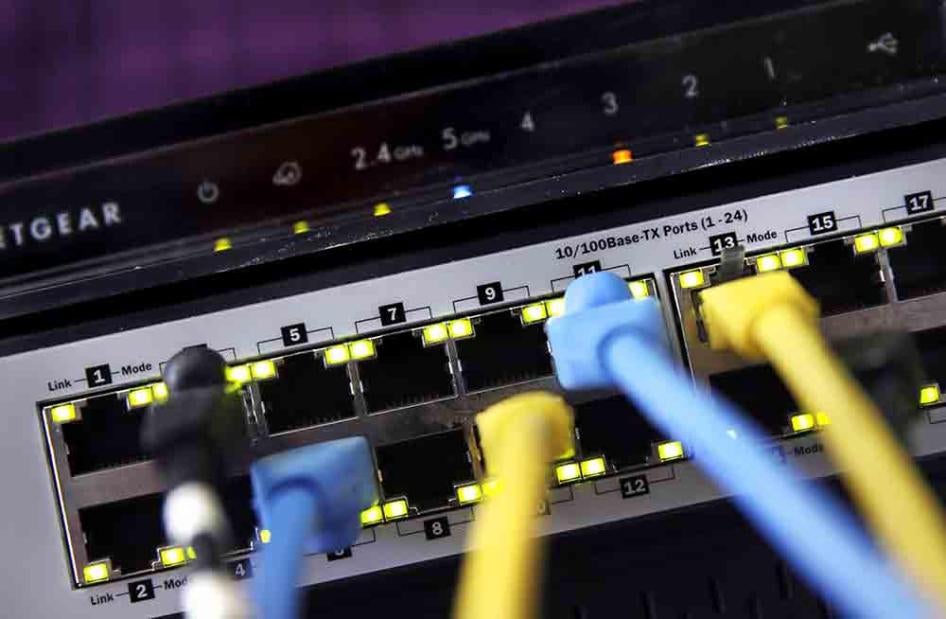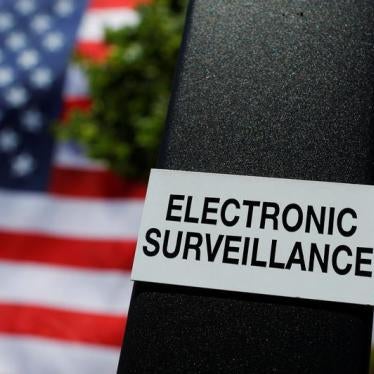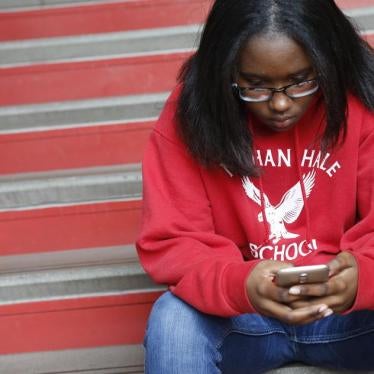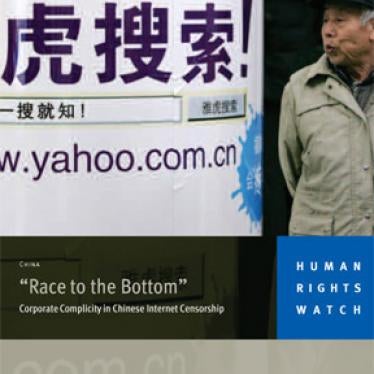Firefighters struggling against one of the largest blazes to hit California in 2018 had to pause and turn to a much more mundane fight – with their internet service provider. In the midst of the blaze, data speeds slowed to a trickle, hampering their efforts to effectively respond to the fires. The fire department’s internet service provider had slowed their data and refused to restore speed until the department switched to a more expensive plan.
Moments like these are terrifying glimpses of life without net neutrality, the principle that all internet traffic should be treated equally by service providers. California took the case of the Santa Clara County firefighters to court, joining a lawsuit challenging the Federal Communications Commission’s (FCC) 2017 repeal of Obama-era net neutrality protections.
On Tuesday, a federal appeals court largely upheld the FCC’s rollback. But the court struck down a provision that blocked states from implementing their own net neutrality provisions. It also required the FCC to consider the rollback’s impact on first responders and people who rely on government-subsidized broadband internet.
A free and open internet helps people realize their human rights. Without net neutrality protections, you may see limits on your access to information published on the internet and your ability to speak freely on social media platforms. Providers could throttle internet speeds coercively, as the California firefighters learned, or speed up or slow access to certain websites based on commercial arrangements with website owners.
California, Colorado, Maine, Oregon, Vermont, and Washington have all passed legislation creating some kind of net neutrality protection. Other states have done so through executive order. Now, with the green light from this week’s ruling, more states can join them in ensuring that service providers do not impede the human rights of state residents who spend time online.
Tuesday’s ruling leaves much work to be done, including by state legislatures. A patchwork regulatory framework leaves many US residents vulnerable to censorship or throttling from their internet service providers – it’s never too late for Congress to rein in the FCC and protect the open internet. Every person in the US needs to be able to access the internet freely, no matter what state they’re in.









